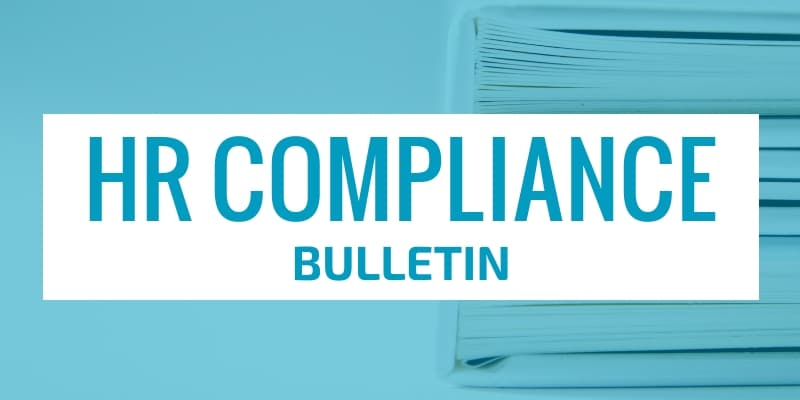29 Oct New Study Finds That Mega Claims Are on the Rise
 While any workers’ compensation claims can result in costly ramifications for your organization, one category of claim in particular—known as a “mega claim”—has the potential to carry significant consequences.
While any workers’ compensation claims can result in costly ramifications for your organization, one category of claim in particular—known as a “mega claim”—has the potential to carry significant consequences.
True to its name, a mega claim is characterized as an exceptionally large claim— typically totaling $3 million or more in incurred losses. In the realm of workers’ compensation, these claims usually stem from employees experiencing severe injuries or illnesses on the job.
Mega claims are not only expensive, but often lengthier and more complex in nature than a typical claim. Such claims can leave lasting impacts on your employees by way of life-altering injuries and illnesses, as well as your overall organization through hefty costs, lost time and the potential for severe reputational damage. 29 Oct Open Enrollment 2021—Benefit Notices
 Employers that sponsor group health plans should provide certain benefit notices in connection with their plans’ open enrollment periods. Some of these notices must be provided at open enrollment time, such as the summary of benefits and coverage (SBC).
Employers that sponsor group health plans should provide certain benefit notices in connection with their plans’ open enrollment periods. Some of these notices must be provided at open enrollment time, such as the summary of benefits and coverage (SBC).
Other notices, such as the Women’s Health and Cancer Rights Act (WHCRA) notice, must be distributed annually. Although these annual notices may be provided at different times throughout the year, employers often choose to include them in their open enrollment materials for administrative convenience.
In addition, employers should review their open enrollment materials to confirm that they accurately reflect the terms and cost of coverage. In general, any plan design changes for 2021 should be communicated to plan participants either through an updated summary plan description (SPD) or a summary of material modifications (SMM). 29 Oct Health FSA Limit will Remain the Same for 2021
 The Affordable Care Act (ACA) imposes a dollar limit on employees’ salary reduction contributions to health flexible spending accounts (FSAs) offered under cafeteria plans. This dollar limit is indexed for cost-of-living adjustments and may be increased each year.
The Affordable Care Act (ACA) imposes a dollar limit on employees’ salary reduction contributions to health flexible spending accounts (FSAs) offered under cafeteria plans. This dollar limit is indexed for cost-of-living adjustments and may be increased each year.
On Oct. 27, 2020, the IRS released Revenue Procedure 2020-45 (Rev. Proc. 20-45), which announced that the health FSA dollar limit on employee salary reduction contributions will remain at $2,750 for taxable years beginning in 2021. It also includes annual inflation-adjusted numbers for 2021 for a number of other tax provisions.
Employers should ensure that their health FSAs will not allow employees to make pre-tax contributions in excess of $2,750 for the 2021 plan year, and communicate the 2021 limit to their employees as part of the open enrollment process. 29 Oct Work Opportunity Tax Credit Available Through Dec. 31, 2020
 The Work Opportunity Tax Credit (WOTC) is a federal tax credit available to employers that hire individuals from certain “targeted groups” that have consistently faced significant barriers to employment.
The Work Opportunity Tax Credit (WOTC) is a federal tax credit available to employers that hire individuals from certain “targeted groups” that have consistently faced significant barriers to employment.
An employer may claim the WOTC for wages paid to these individuals during their first year of employment, as long as they are hired before Dec. 31, 2020, and work at least 120 hours for the employer during that first year. The credit is calculated as:
- 25% of the wages paid to an employee who worked between 120 and 400 hours; or
- 40% for an employee who worked more than 400 hours.

